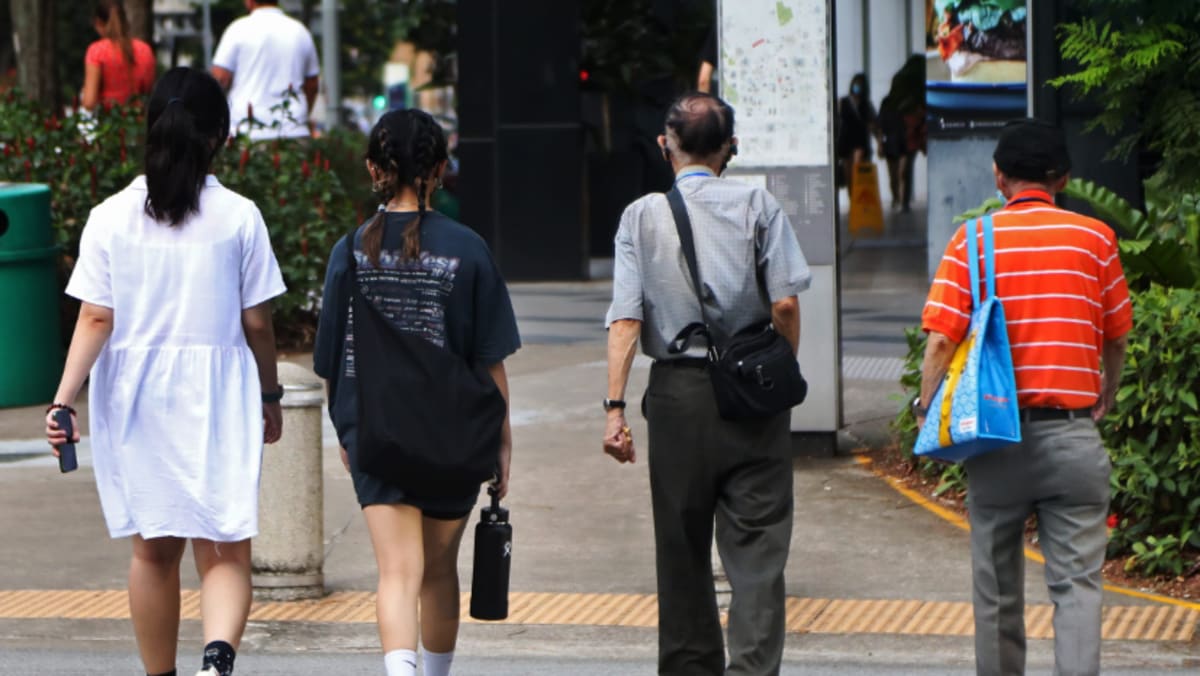TLDR; With concerns around inflation, rising costs, and a potential global recession, Singaporeans...
Kiasunomics: Unveiling the Quirks of Singaporeans’ Spending Habits
“Our view has been that whatever research we do at NUS should benefit Singaporeans,” said Professor Sumit Agarwal. To make their findings accessible, they crafted stories centered around a Singaporean family navigating issues like housing, education, consumption, and more. Their work provides intriguing insights into human behavior and the impact of public policy.
In the podcast, Associate Professor Ang Swee Hoon recounted their origins. “We wanted to make our academic research accessible to everyday people.” The response to their first book encouraged them to continue exploring timely topics. The professor noted their research leverages Singapore’s unique environment. “The data and policy experiments allow studies not possible elsewhere.”
We engaged in a riveting conversation with experts from the National University of Singapore (NUS) Business School, uncovering fascinating insights into the behavioural economics of Singaporeans and their spending patterns.
Our NUS Business School guests included:
- Professor Sumit Agarwal from the Finance Department, a leading authority on household finance and behavioral economics.
- Professor Sing Tien Foo from the Department of Real Estate, renowned for his expertise in housing market dynamics.
- Associate Professor Ang Swee Hoon from the Department of Marketing, a specialist in consumer behavior and decision-making.
The discussion kicked off with a intriguing anecdote shared by Professor Sumit Agarwal. He recounted his struggles hailing taxis in Singapore after attending yoga classes, leading him to investigate the data behind taxi drivers’ reluctance to pick up passengers once they had earned a certain daily income threshold – around SGD 100.
“We realised very quickly in the data that once they made a certain amount of money, which in Singapore case was around 100, then they just did not want to take up a new job,” revealed Professor Sumit Agarwal.
Another fascinating observation came from Professor Sing Tien Foo, who noticed the long queues of cars lining up outside certain prestigious schools in Singapore. This prompted research that unveiled how proximity to top-ranked schools could drive up housing prices by as much as 8-9% within a two-kilometer radius.
“It’s not just a proximity, close proximity to the school, it doesn’t [give them priority] if you’re outside 2km,” explained Professor Sing Tien Foo, highlighting the unique balloting system that prioritises school enrollment based on residential proximity.
Recap Five intriguing studies made podcast headlines:
- Taxi Behaviour – Early observations led to analyse why taxis sometimes ignored passengers. Data revealed drivers stopping once earning $100, preferring leisure over new fares.
- School Premium – Professors found elite schools spike nearby home values 8-9%. Experiments track price shifts when schools relocate.
- Cross-Border Shopping – Professor Agrawal questioned taxes’ impact as many visit cheaper Malaysia. While direct analysis proved difficult, related proxies offered insights.
- Superstitions – Do beliefs like lucky numbers 8 impact decisions? Studies found Chinese pay premiums for #8 homes but see no correlation to outcomes.
- Dragon Babies – Every 12 years, Singapore birth rates surprisingly rise 8%. But Professor Agrawal’s research associates these “dragon babies” with 6% lower lifetime wages, demonstrating superstitions’ real costs.
The experts also delved into other intriguing facets of Singaporean consumer behaviour, such as:
- Cross-border shopping in Malaysia, driven by lower prices, and its implications for tax collection in Singapore.
- The impact of the Great Singapore Sale on consumer spending patterns.
- The influence of superstitious beliefs on housing prices, with units bearing the “lucky” number 8 commanding higher premiums.
- The “mother effect” in intergenerational bankruptcy, where children tend to learn financial prudence more strongly from bankrupt mothers than fathers.
Throughout the engaging discussion, the researchers emphasized the unique opportunities Singapore presents for conducting behavioural economics experiments due to its diverse population, institutional setups, and access to comprehensive data.
“Singapore gives a very nice setting because the boys go to the military for two years. So you can separate out the dragon boys by two years in their labour market outcomes because they go two years later,” shared Assoc Prof Ang Swee Hoon, referring to a study on the impact of auspicious birth years on life outcomes.
The conversation also touched upon the challenges of translating academic research into accessible narratives, which led to the creation of the “Kiasunomics” book series – a captivating blend of real-life stories and economic principles presented in a relatable, Singaporean context.
You can check their full interview on Chills with TFC, Episode 181 on Spotify, YouTube, Apple podcast for an insightful glimpses into the financial psyche of Singaporeans but had also paved the way for more innovative and locally-relevant behavioural economics research in the future.
Share us your thoughts on this episode and let us know what do you want to hear next.

-3.png?width=50&name=Square%20(2)-3.png)

